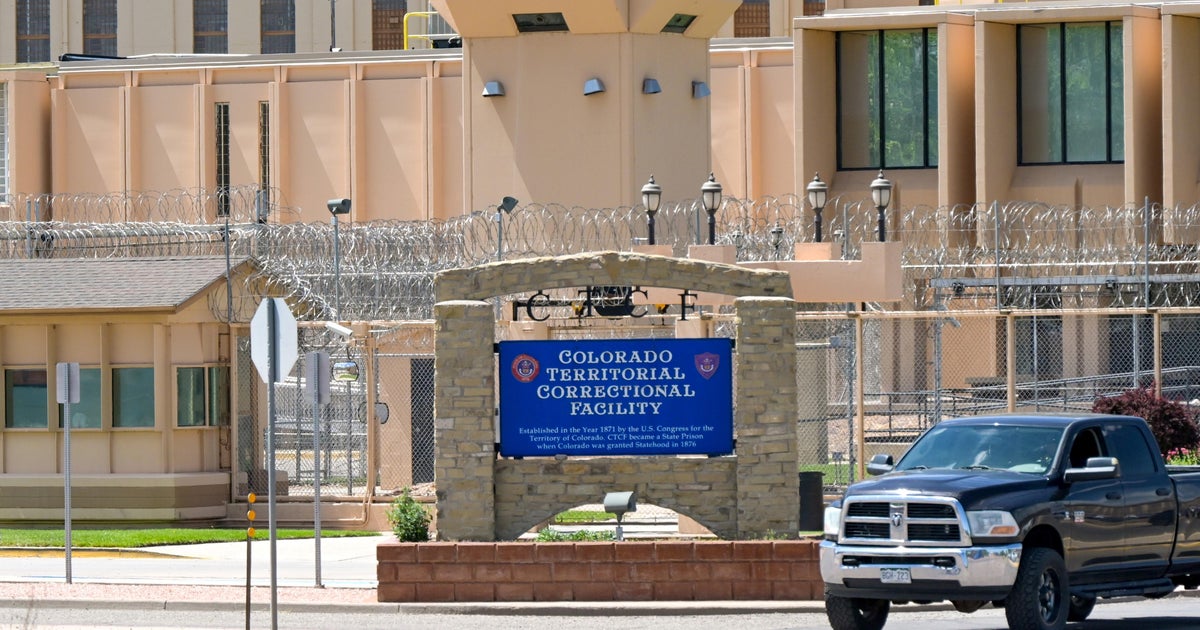4 Ojibwe Treaty Rights Protesters Charged
BRAINERD, Minn. (AP) — Authorities have charged four American Indians with fishing and wild rice harvesting violations stemming from a protest last summer to assert rights they claim they still hold under treaties from the 1800s, setting up a potential court test of how those treaties should be applied now.
Jim Northrop, of Cloquet, and Todd Thompson, of Naytahwaush, are charged with gross misdemeanors for setting gill nets in Gull Lake in Nisswa on the second of two days of protests in August.
Harvey Goodsky Jr and Morningstar Shabaiash, both of McGregor, are charged with misdemeanors for harvesting wild rice without a state license the same day on Hole-in-the-Day Lake.
The four were named in complaints filed Dec. 30 in Crow Wing County District Court. They have their first court appearances scheduled for Feb. 1 in Brainerd.
Their attorney Frank Bibeau, executive director of the 1855 Treaty Authority, said Friday that the four people, along with his group, are trying to force Minnesota to recognize the rights of Ojibwe to fish and gather under treaties with the federal government.
"We're going to have our treaty rights recognized as they were before so we are able to enjoy them the way we are supposed to," Bibeau said
The state and the protesters disagree on whether band members have special off-reservation fishing, gathering and hunting rights on territory that some Ojibwe bands ceded under an 1855 treaty, and the question has not been tested in court. The 1855 Treaty Authority, which is independent of Minnesota's tribal governments, had been looking for test cases that could force a ruling. The territory covered by the 1855 treaty includes Gull Lake and nearby Hole-in-the-Day Lake.
The state Department of Natural Resources moved to defuse the challenge on the first day of the protests Aug. 27 by issuing the protesters a special one-day permit to harvest wild rice on Hole-in-the-Day Lake. The alleged violations happened the next day.
Unlike the 1837 treaty between the federal government and the Mille Lacs Band, which the U.S. Supreme Court upheld in 1999 and covers a different territory, the 1855 treaty doesn't explicitly say anything about off-reservation hunting, fishing and gathering rights. But Bibeau's group contends the treaty, backed by case law and federal statutes, guarantees those rights anyway.
According to the complaints, Goodsky and Shabaiash told conservation officers that they didn't need state wild rice licenses under the 1837 treaty. The complaints said officers replied that they were way north of the 1837 treaty area.
(© Copyright 2016 The Associated Press. All Rights Reserved. This material may not be published, broadcast, rewritten or redistributed.)







